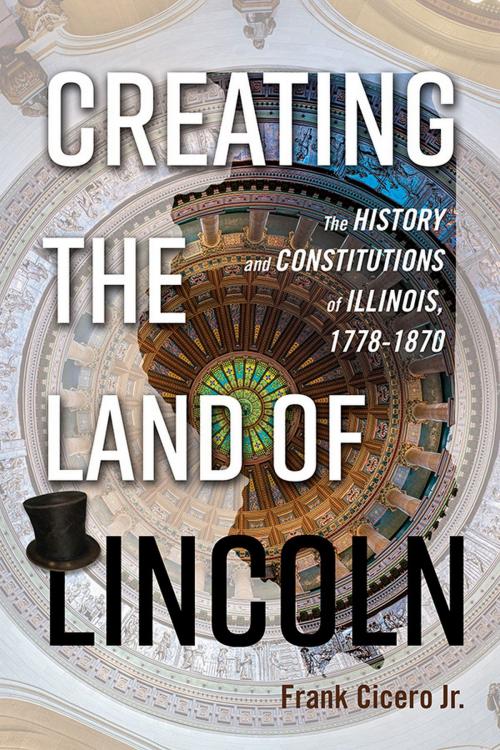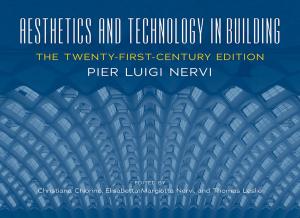Creating the Land of Lincoln
The History and Constitutions of Illinois, 1778-1870
Nonfiction, History, Americas, United States, Social & Cultural Studies, Political Science| Author: | Frank Cicero Jr. | ISBN: | 9780252050343 |
| Publisher: | University of Illinois Press | Publication: | March 15, 2018 |
| Imprint: | University of Illinois Press | Language: | English |
| Author: | Frank Cicero Jr. |
| ISBN: | 9780252050343 |
| Publisher: | University of Illinois Press |
| Publication: | March 15, 2018 |
| Imprint: | University of Illinois Press |
| Language: | English |
In its early days, Illinois seemed destined to extend the American South. Its population of transplants lived an upland southern culture and in some cases owned slaves. Yet the nineteenth century and three constitutions recast Illinois as a crucible of northern strength and American progress. Frank Cicero Jr. provides an appealing new history of Illinois as expressed by the state's constitutions—and the lively conventions that led to each one. In Creating the Land of Lincoln, Cicero sheds light on the vital debates of delegates who, freed from electoral necessity, revealed the opinions, prejudices, sentiments, and dreams of Illinoisans at critical junctures in state history. Cicero simultaneously analyzes decisions large and small that fostered momentous social and political changes. The addition of northern land in the 1818 constitution, for instance, opened up the state to immigrant populations that reoriented Illinois to the north. Legislative abuses and rancor over free blacks influenced the 1848 document and the subsequent rise of a Republican Party that gave the nation Abraham Lincoln as its president. Cicero concludes with the 1870 constitution, revealing how its dialogues and resolutions set the state on the modern course that still endures today.
In its early days, Illinois seemed destined to extend the American South. Its population of transplants lived an upland southern culture and in some cases owned slaves. Yet the nineteenth century and three constitutions recast Illinois as a crucible of northern strength and American progress. Frank Cicero Jr. provides an appealing new history of Illinois as expressed by the state's constitutions—and the lively conventions that led to each one. In Creating the Land of Lincoln, Cicero sheds light on the vital debates of delegates who, freed from electoral necessity, revealed the opinions, prejudices, sentiments, and dreams of Illinoisans at critical junctures in state history. Cicero simultaneously analyzes decisions large and small that fostered momentous social and political changes. The addition of northern land in the 1818 constitution, for instance, opened up the state to immigrant populations that reoriented Illinois to the north. Legislative abuses and rancor over free blacks influenced the 1848 document and the subsequent rise of a Republican Party that gave the nation Abraham Lincoln as its president. Cicero concludes with the 1870 constitution, revealing how its dialogues and resolutions set the state on the modern course that still endures today.















